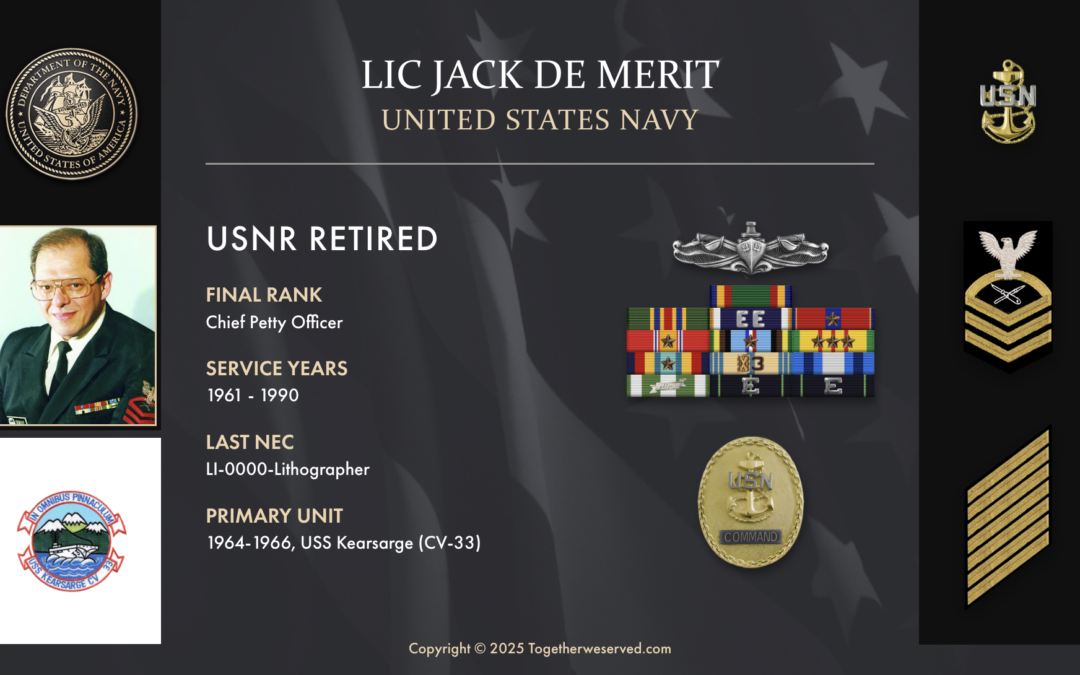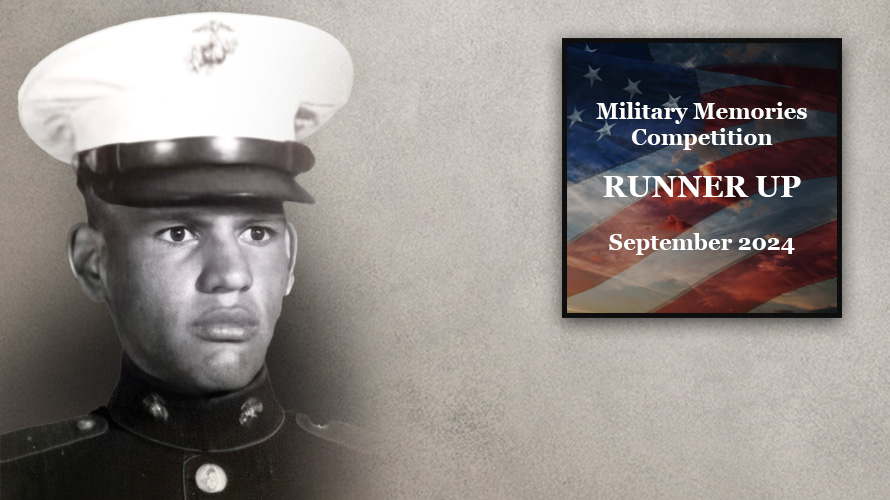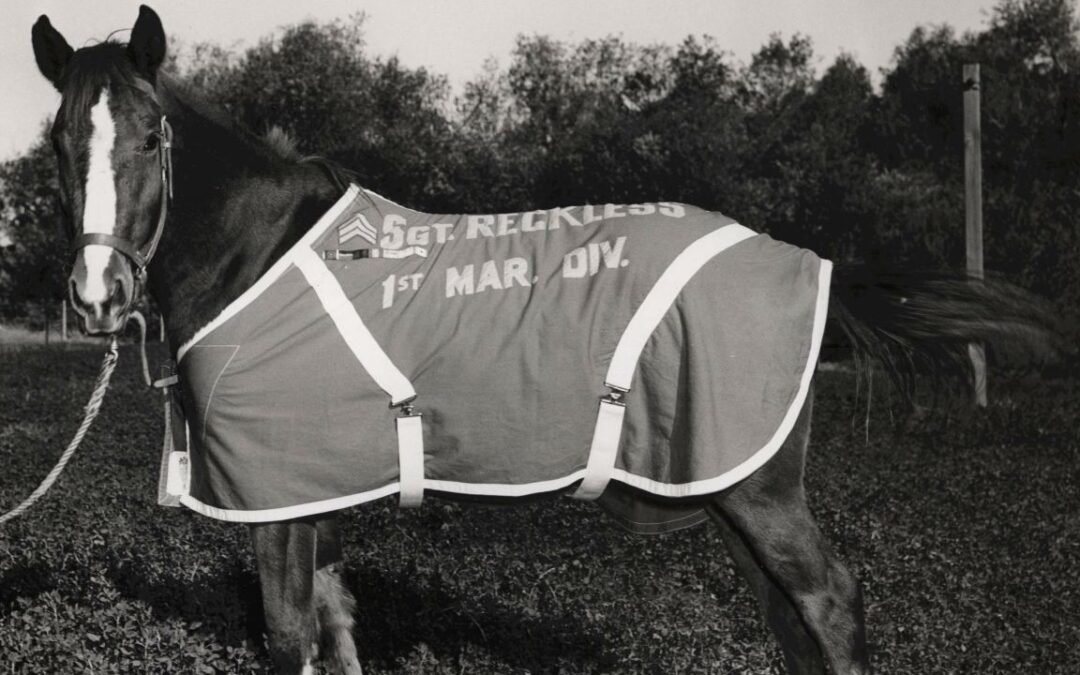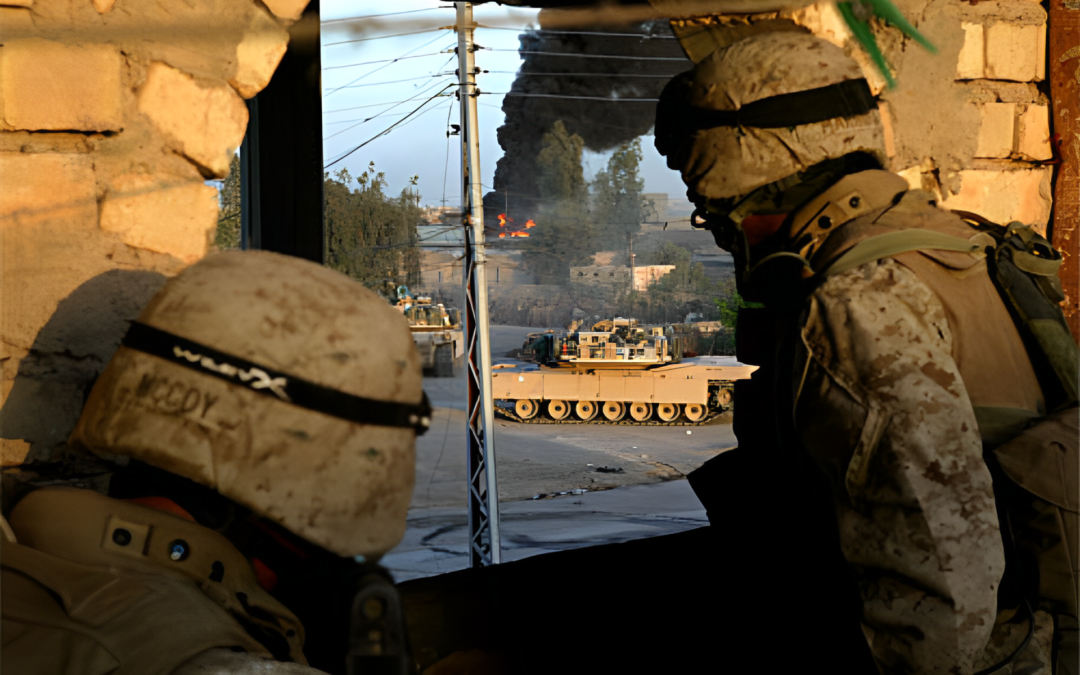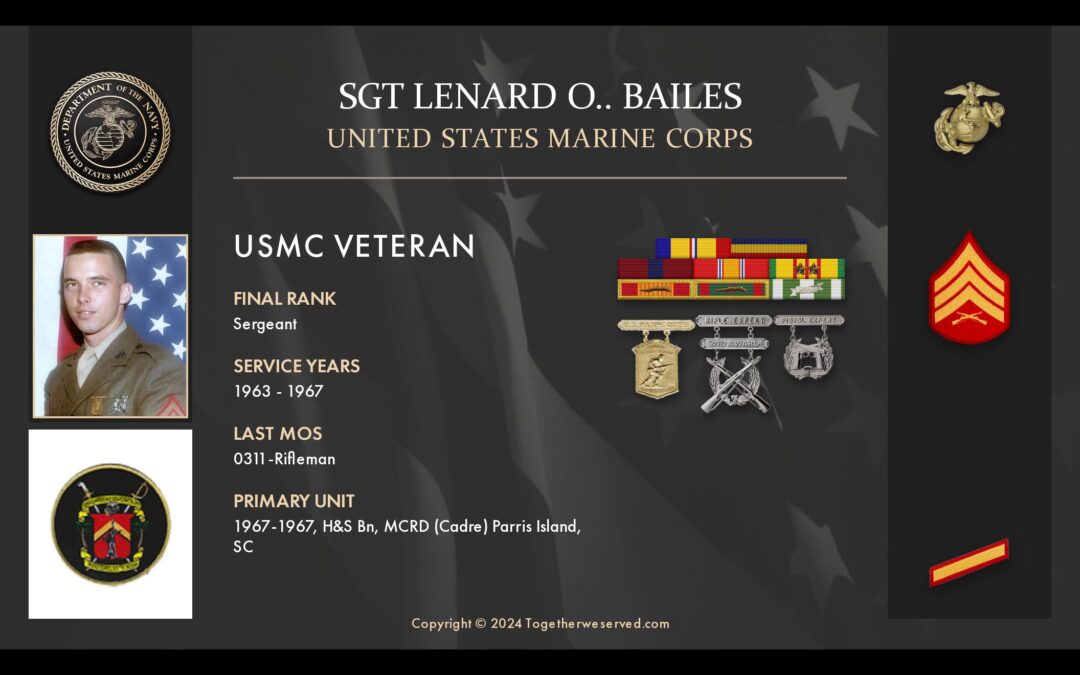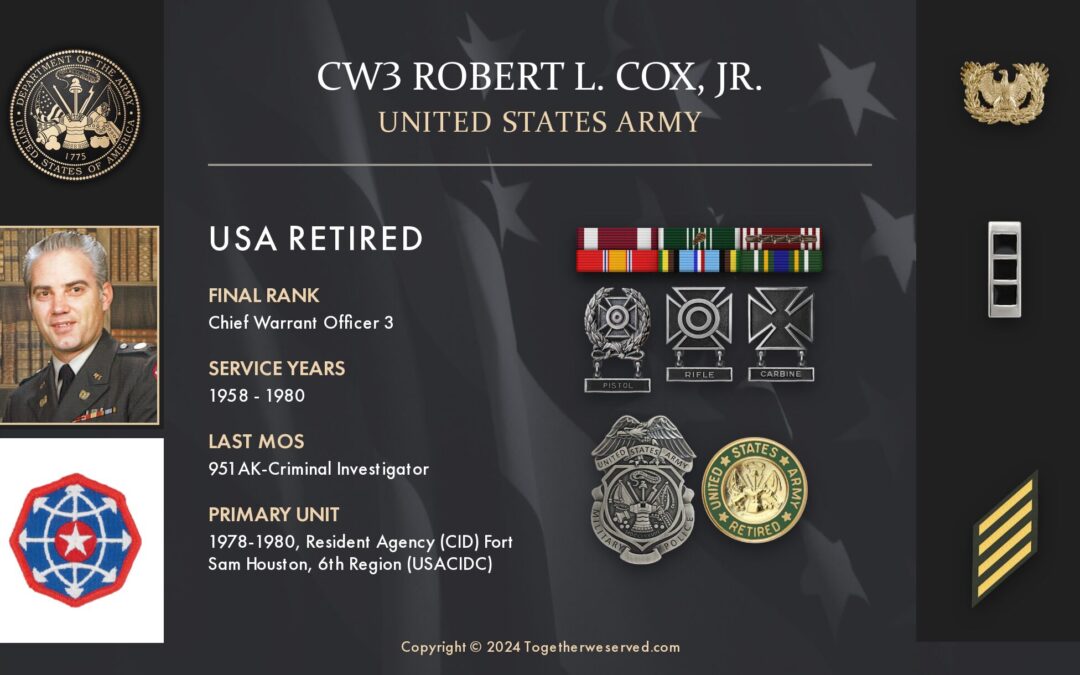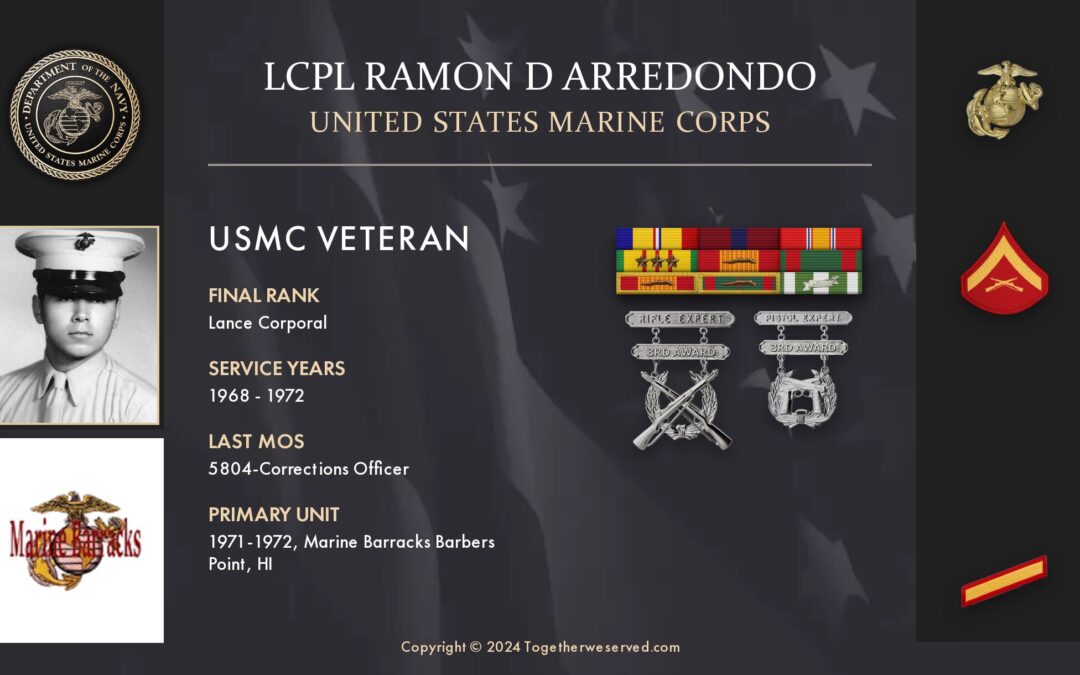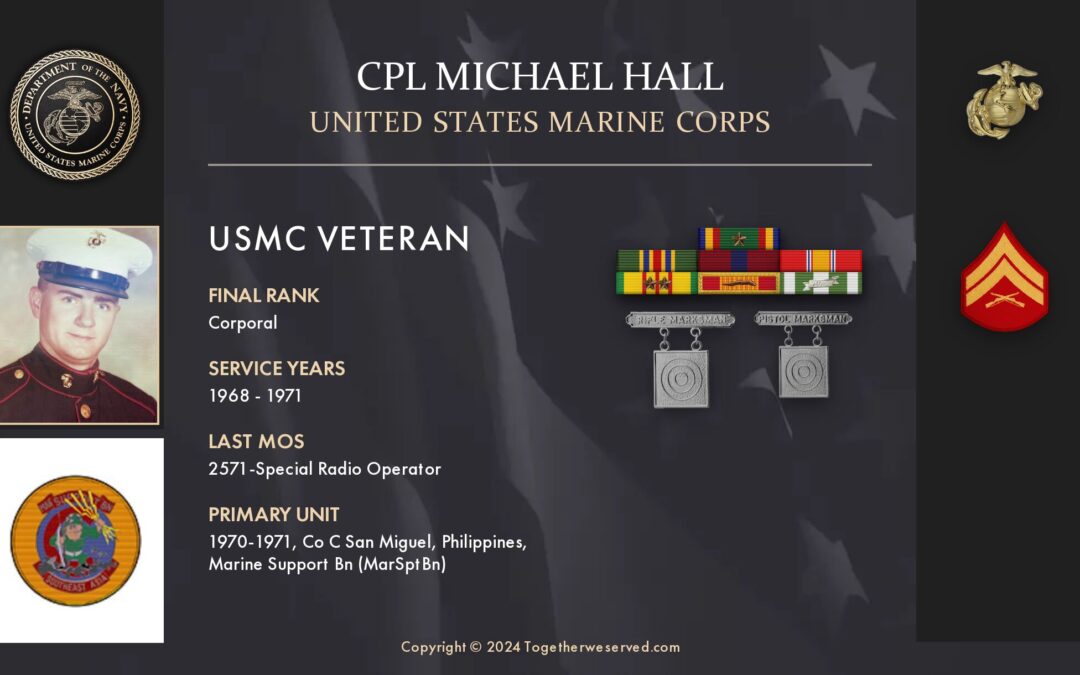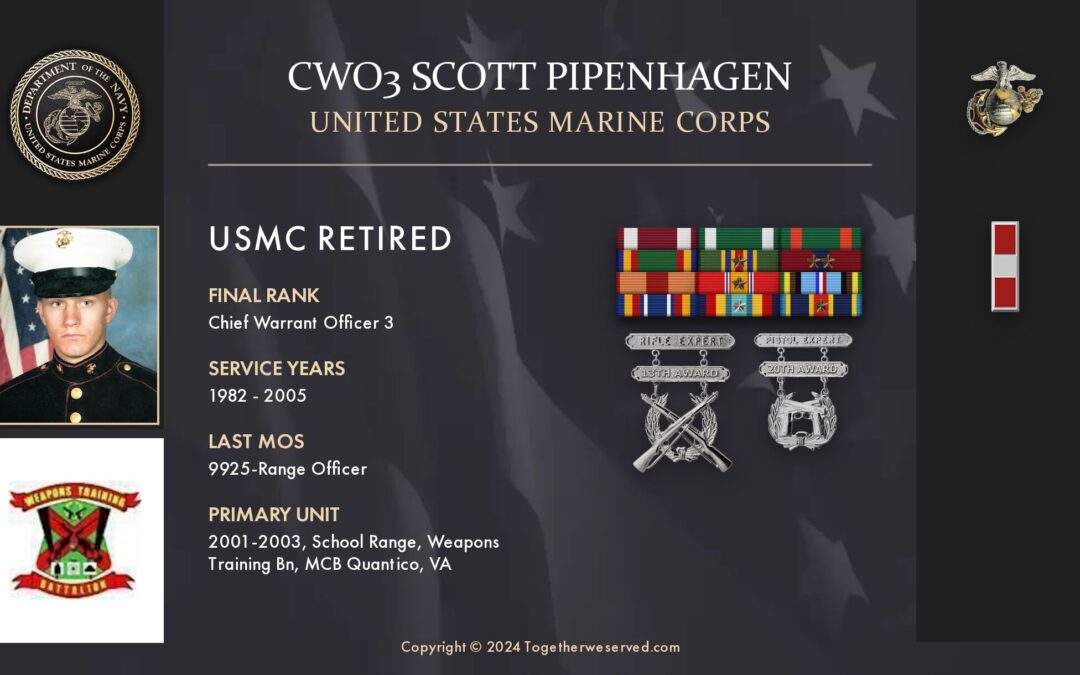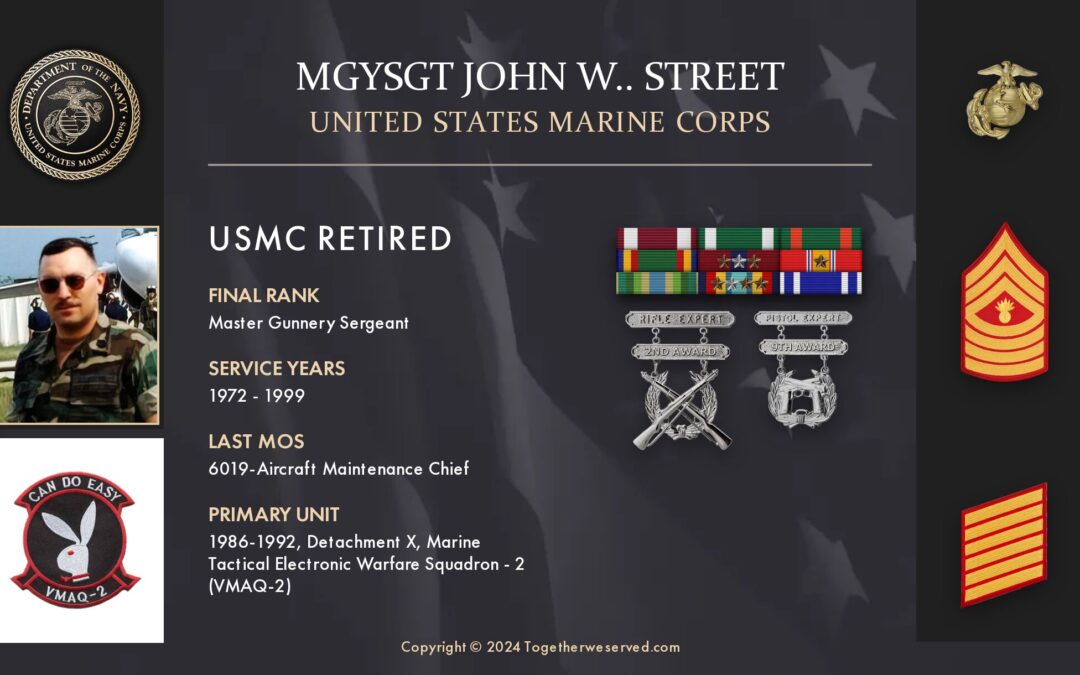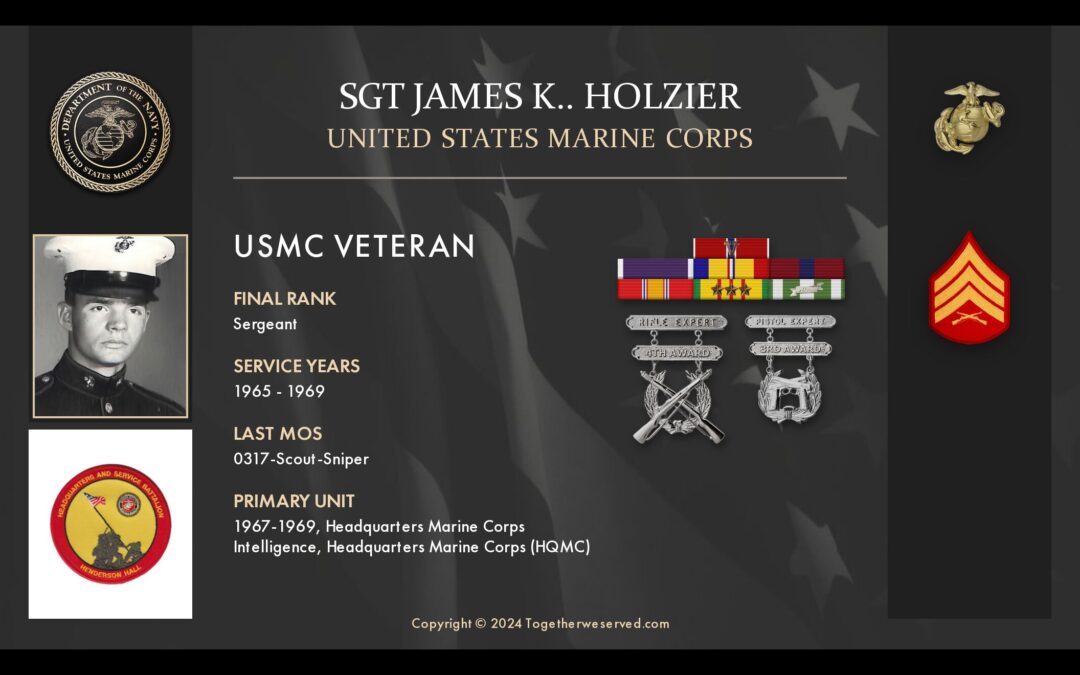Many of us in a high school fraternity decided that the best way to complete our military obligation was to enlist in the Naval Reserve. As I was older than the others, I had already graduated when the Naval Reserve Recruiter came to Fairfax High School in Los Angeles to make his presentation. They were all Gung Ho, and they tried to convince me to join them. I told them that I would check it out on my own and give them an answer within the next week. As they were not graduating until the end of the semester, the only rush was that summer vacation would be a great time to do our Boot Camp. Being Reservists would allow us to continue our education while attending Reserve Meetings.
